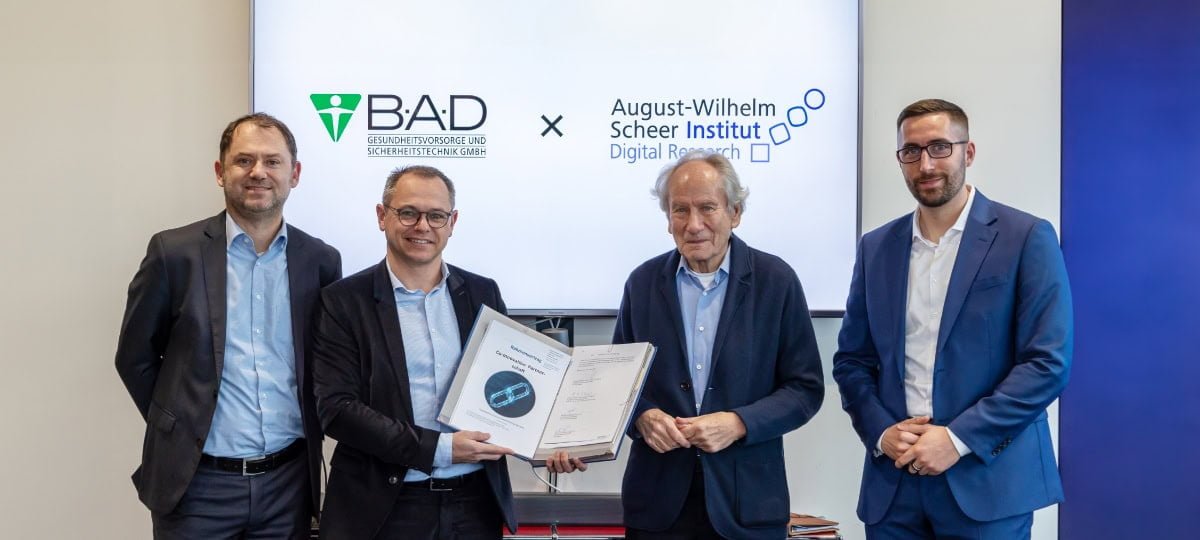Complaint management without complaints


However, the increasing diversification and internationalization of the Group, which has sales of 2.6 billion euros with 9400 employees at 58 locations, increasingly pushed the system to its limits.
"With our .Net system, we were faced with the classic problem of software that had grown organically over the years, and on top of that came from different external developers"
explains Agrana project manager Markus Besau.
The benchmark bottom line for the new system was therefore the performance and scope of the existing complaint management system. Other key objectives were defined as smooth integration into the existing SAP ERP infrastructure and the greatest possible configurability by the departments.
In its final version, the new system should be able to handle four different types of complaints within the four divisions - the three divisions Sugar, Starch and Fruit and the joint venture Austria Juice - using four different ERP systems.
Depending on the individual case, up to eight departments - from customer service to production and quality management to sales and logistics - and hundreds of users are affected. User roles, workflows and work steps therefore had to be largely configurable, and scalability and ease of maintenance had to be ensured.
In addition, Agrana decided to use SAP Landscape Transformation (SLT) to synchronize relevant data from the various SAP systems in real time to a newly set up central system.
The desired business applications should be modeled and developed using the Business Object Processing Framework (BOPF), and the data should be exchanged between the back-end and the front-end using the Open Data Protocol (OData).
The initial conceptual considerations therefore already suggested implementation with SAP Fiori and extensions to Fiori Apps based on the SAP UI5 framework. Due to the requirements, there was an increased need for customer-specific in-house developments.
In order to cleanly define and subsequently implement these very ambitious requirements, Scrum was already used in the requirements analysis. Although the use of agile methods within classic project management always poses challenges, as Agrana manager Besau explains.
For this reason, and to clearly identify the requirements, sufficient time was invested in several sprints for mock-up phases.
"This approach was extremely well received by our employees. The team still responded to requirements during the ongoing project and our specialist departments were able to get involved in processes and prioritization. This made them feel extremely well met and understood."
Besau describes the process.
The only limitation was that the time required for testing the application and the associated services was in some cases estimated too low by the business levels.
After a development period of almost 15 months, the new complaints management tool also went live in March 2019 in the last of the four business units.
The approach to the project, which was also impressive for Snap as a consultant, ultimately turned out to be the best possible. Professional requirement engineering, agile development, sufficient time for mock-ups and feedback, and the opportunity to reprioritize were the success factors, along with first-class technology expertise.
And investing almost 100 man-days in the development of the architecture ultimately proved to be the right strategy. There were neither time-critical errors nor showstoppers in the new Complaint Management System during the entire course of the project - and not a single complaint from the customer.





